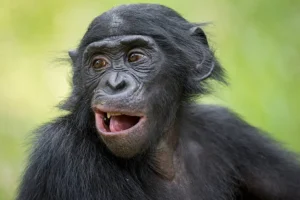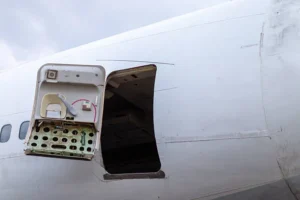The Alaska House representatives passed a groundbreaking search and rescue dogs bill on Monday to protect service dogs during crises. If the Senate and Governor Mike Dunleavy approve House Bill 70, emergency crews could provide lifesaving care to injured working dogs.
Currently, paramedics and EMTs are prohibited by law from helping animals because that counts as veterinary care, which they cannot perform. Rep Calvin Scharge I-Anchorage, who sponsored the bill, emphasized that ordinary Alaskans could legally assist dogs while trained professionals could not.
Under the bill, ambulance crews could treat injured police, search dogs on the scene, and transport them to a veterinarian. However, the bill clarifies that if humans and dogs are injured, the human patient will always receive priority.
The Alaska House passed the legislation with 32-8 votes, but some lawmakers raised concerns from veterinary groups that opposed the measure. Rep Rebecca Schwanke, R-Glennallen, voted no, explaining that veterinarians worry about untrained EMS personnel performing emergency veterinary procedures.
House majority leader Chuck Kopp, R-Anchorage, spoke in favor of the rescue dog bill, referencing his years in law enforcement. Kopp focused on the high value of these dogs, noting that each police canine costs over $50,000 just to purchase and train.
The legislation took form because of Rico, an Alaska State Trooper canine fatally shot during a 2017 police chase in Wasilla. Lawmakers hope the bill ensures no working dog suffers without access to immediate care in the future. If approved, the bill will significantly shift how Alaska treats its canine heroes during emergencies, providing them with vital lifesaving attention and care.








